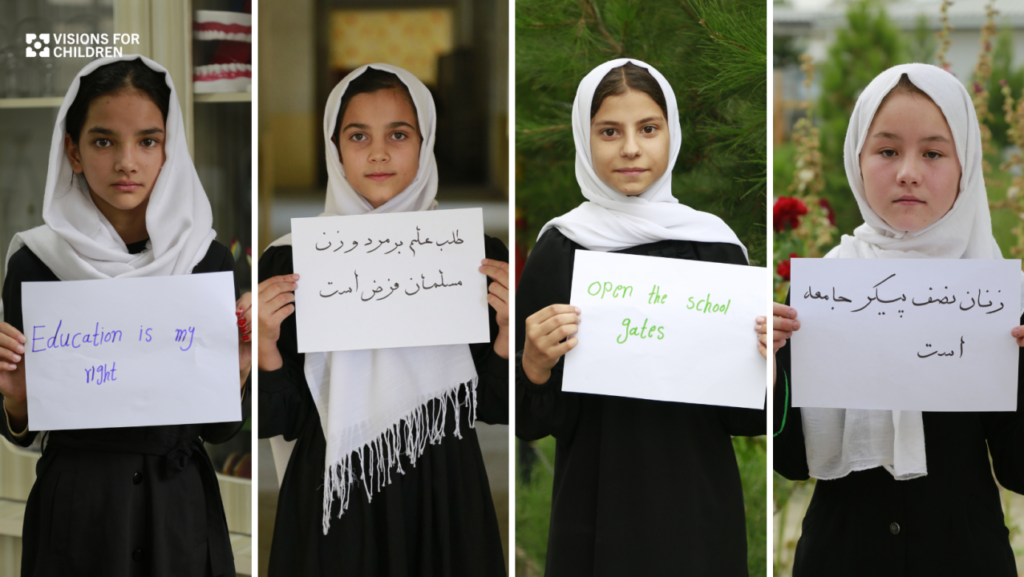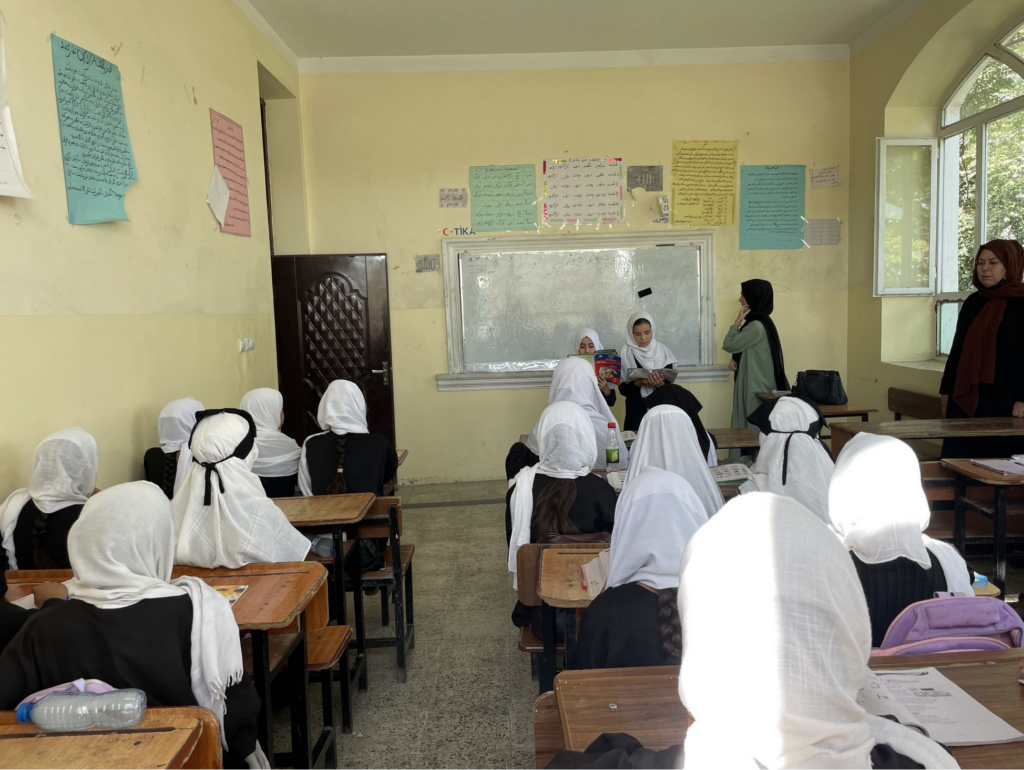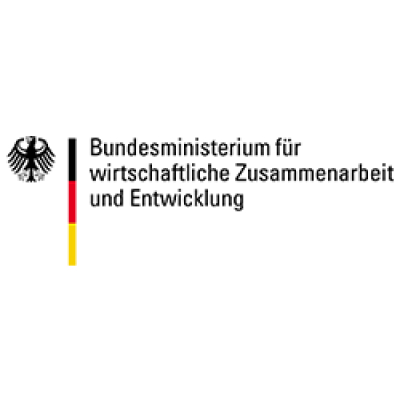In 1993, the UN General Assembly adopted Resolution 48/104 on the elimination of violence against women, which defines it as “any act of gender-based violence that results in, or is likely to result in, physical, sexual or psychological harm to women, including threats, coercion or arbitrary deprivation of liberty, whether occurring in public or in private life.”
❗ More than one in three women experience gender-based violence in the course of their lives.
❗ More than five women or girls are killed every hour by someone from their own family.
❗ Less than 40 percent of women who experience violence seek help.
Violence against women and girls continues to be the most widespread violation of human rights worldwide.
What forms of violence against women exist?
Violence against women takes various forms. Psychological violence can take the form of coercive control, for example. Those affected suffer from isolation, control of aspects of daily life, control over basic needs, monitoring of communication, repeated belittling, the enforcement of traditional gender roles and threats or intimidation, among other things. This abuse often occurs in cases of psychological, domestic violence. However, psychological violence can also be perpetrated by governments and serves as an interface between physical and psychological violence. One example is the deprivation of liberty and the ban on school and work in Afghanistan, which was introduced by the de facto Taliban government.
Psychological violence against women in Afghanistan
In Afghanistan in particular, women are experiencing various forms of physical and psychological violence following the Taliban takeover in August 2021. About a year ago, the Taliban banned young girls from going to school after the 6th grade. Any kind of education after elementary school is now forbidden for women – whether secondary school, vocational training or university. The risk of forced marriage, child labor, violence and abuse increases dramatically as a result. Since then, girls have been deprived of an opportunity for education and a self-determined future.
“I want to become a doctor (…). We have no future under the Taliban regime (…). I am a girl. I must have knowledge so that I can raise a good generation,” says Samia (name changed). She is in fifth grade at a project school in Afghanistan.
As a result, girls and women are already disadvantaged at school, which means their chances in the world of work are poor. Afghanistan is the only country in the world where women and girls are not allowed to attend secondary schools and universities. Last year, women working for NGOs or in political offices were also banned from working.
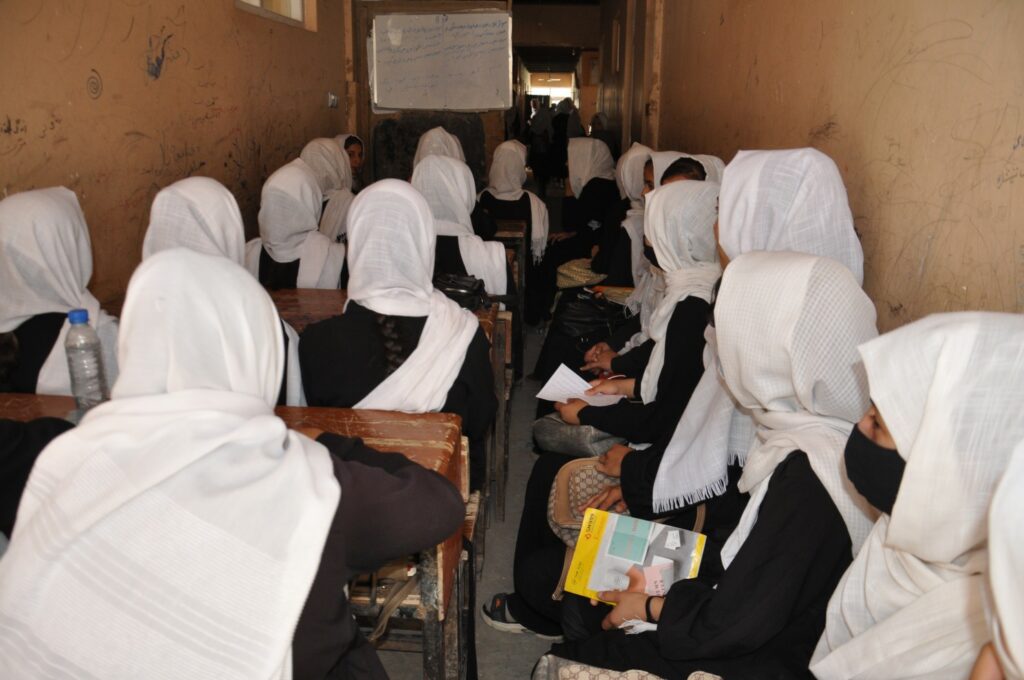
Why is education so important?
According to United Nations estimates, around 171 million people worldwide could escape poverty through the expansion of educational facilities by learning basic reading skills alone.
Education and financial independence do not only affect the lives of individuals. In 2014, the German UNESCO Commission published in its education policy guidelines that attending school can lead to a 12% reduction in poverty and a 10% increase in income in just one year. These findings also show how dramatically the situation can affect society if half of the population is affected by a ban on education and work.
However, in addition to the ban on girls attending school in Afghanistan, other factors influence gender-specific inequalities in educational and career opportunities. Menstruation, for example, is a frequent reason for absenteeism or even dropping out of school. The causes: Lack of education and problems with hygienic care. In Uganda, menstruation is a decisive reason for girls dropping out of school – only 57% of all girls complete school. A packet of sanitary pads costs around $2 USD. This exceeds the daily earnings of a third of the Ugandan population.
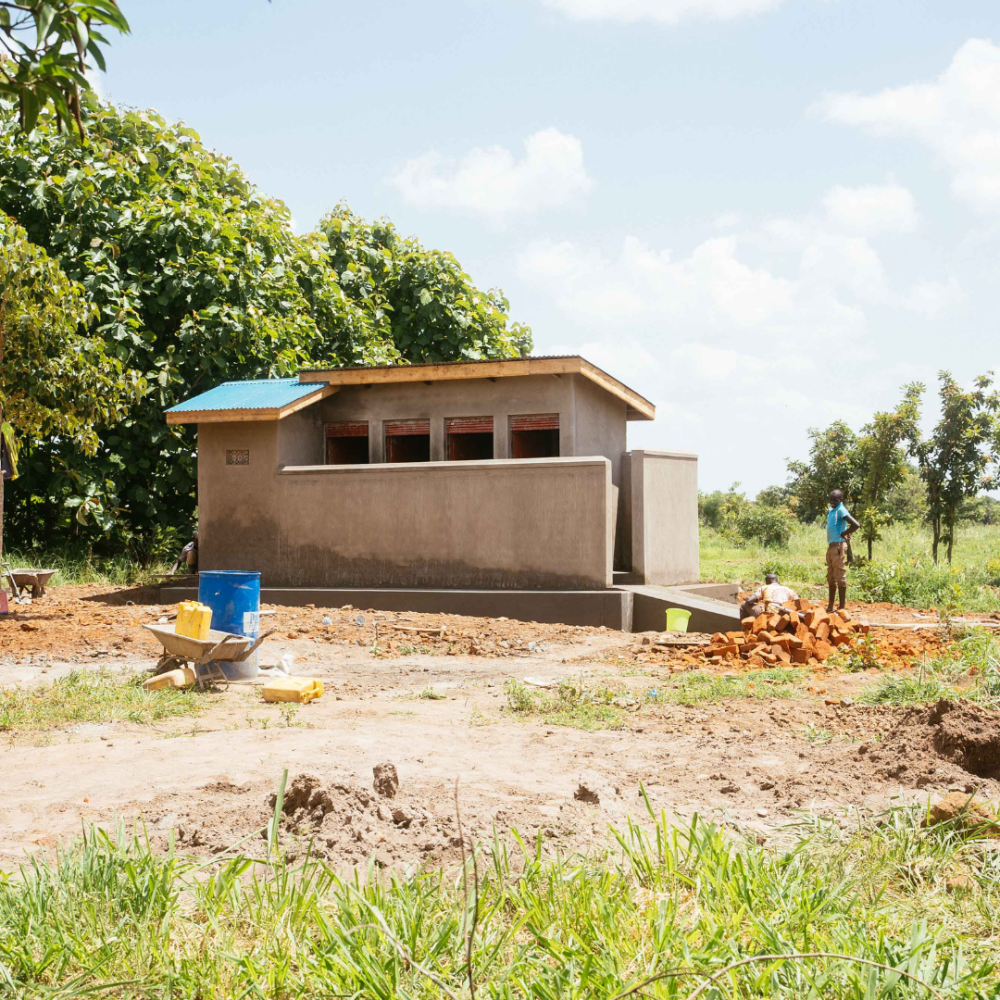
The interrupted or often inadequate education of girls in Uganda means that, as women in society, they often have to work in low-paid jobs, often under inhumane working conditions – a high amount of unpaid overtime, a lack of protective clothing and sexual harassment in the workplace are the norm. In addition, social gender norms in Uganda continue to disadvantage women and make it difficult for them to access good employment. According to a study by the Economic Policy Research Center, women and girls in Uganda perform about twice as much unpaid care work as men and boys.
